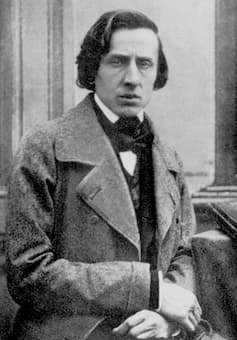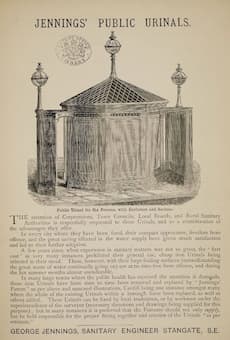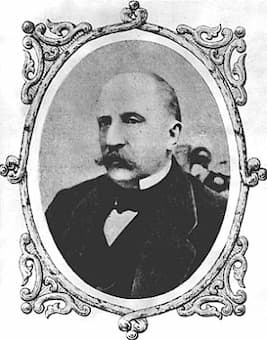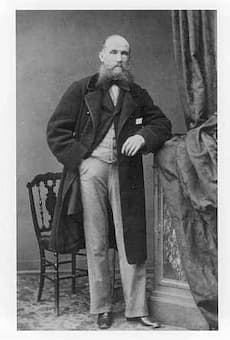
Frédéric Chopin, 1849
Every week tabloid journalism reports “true stories” on celebrities, entertainment, alien abductions or people doing unspeakable things to themselves or others. Granted, the divide between professional journalistic standards and reporting stepped in sensationalism, which encourages biased or emotionally loaded impressions, is not as clearly defined, as it actually should be. Maybe it is true that “tabloids readers are often youth or people that are on average less educated.”

George Sand
Be that as it may, sensationalism in reporting has clearly entered the mainstream and the academy. With all areas of scientific scholarship and disciplines under pressure from cultural crusaders and special advocacy interest, some of the newest revelations have targeted Frédéric Chopin. A Swiss music journalist has claimed that Chopin’s gay love letter had been “deliberately mistranslated by historians to conceal his sexuality,” and that hidden subtexts in these letters suggest “Chopin was looking for gay sex in public toilets.”
Frédéric Chopin: Piano Trio, Op. 8

Jennings’ Public Urinals
To anybody with rudimentary public schooling, the Chopin toilet headline clearly falls in the same category as “Iowa man gives birth to three-headed duck.” What is astonishing, however, it that a major European public broadcaster in the arts decided to produce a long expose entitled “Chopin’s Men” to make public this most important revelation. We are used to crackpots of all kinds populating the Internet with conspiracy theories on this, that and the other, but a major broadcaster validating “Chopin’s toilet fantasies” is an alarming symptom of post-modern helplessness that proudly proclaims that every opinion is valid, and that every opinion is in fact, fact. The underlying problem, per say, is not the sensationalist headline, but that it would take months if not years of concentrated studies in different scientific fields to break through this level of ignorance. And even then, if the agenda fits, the world is still flat, globuli will still cure all your ailments, and the Covid VAX will make you susceptible to being controlled by the aliens from planet Trump.
Frédéric Chopin: Mazurka No. 1 in F-Sharp Minor, Op. 6, No. 1 (Louis Lortie, piano)
Frédéric Chopin: Mazurka No. 2 in C-Sharp Minor, Op. 6, No. 2 (Louis Lortie, piano)

Tytus Woyciechowski
Chopin’s homoeroticism and his preference for public toilet facilities apparently originate in 22 letters he wrote to his very good friend Tytus Woyciechowski (1808-1879), and a light-hearted letter reporting from his London visit to Julian Fontana. I don’t speak nor read the Polish language, so I have to rely on the people who do, in this case the Fryderyk Chopin Institute in Warsaw, Poland. A good many of these letters begin with “my dearest life,” and conclude with “give me a kiss, dearest lover.” And in another letter Chopin writes, “You don’t like being kissed. Please allow me to do so today. You have to pay for the dirty dream I had about you last night.” And in another, “As always, I carry your letters with me. What joy it will be to pull out a letter of yours and assure myself that you love me; or at least to gaze at the hand and the writing of him, whom only I am able to love!” To some culturally enlightened journalists, these letters “contain passionate and partly erotic declarations of love.” What a revelation worthy of a thorough 21st century tabloid investigation indeed, but as has been explained by scholars with actual knowledge of Chopin and his time, “these letters between the friends are couched within warm endearments, common among intimate male friends of all nationalities two hundred years ago.”
Frédéric Chopin: 19 Polish Songs, Op. 74 (Olga Pasichnyk, soprano; Natalya Pasichnyk, piano)

Julian Fontana
As an eminent Chopin scholar wrote, “the concepts of sexual practice and identity were very different in Chopin’s time, so modern interpretation is problematic.” Expressions of intimate emotions weren’t considered self-conscious, “let alone reported to the police or tabloid press, the hopeful schmoozer possibly facing prosecution for sexual soliciting. Such expressions of close affection clearly make modern men sufficiently uncomfortable to consign the writers to an impoverished view of sensibility and a profitless preoccupation with sexual orientation in a quest for understanding the creativity of genius or demolishing an icon.” A professor in Slavic languages wrote, “Chopin was a Romantic who definitely didn’t discriminate between men and women in his expressions of love. But to say that there is some sort of conspiracy behind missing letter and translations in the various critical editions is absurd.” And to suggest that Chopin’s praising of “Great Urinals” in London for the singular purpose of procuring gay sex “borders on the hilariously surreal and is moreover absurd, distasteful and anachronistic.” Of course, our enterprising sleuth is solely concerned with righting scholarly wrongs and he is tirelessly working to uncover new conspiracies on behalf of humanity. How these hints of “homoeroticism and toilet cruising can possibly shine a light on the appreciation and enlightened interpretations of Chopin’s life or music” is surely explained in the next edition of the gutter press.
For more of the best in classical music, sign up to our E-Newsletter
Frédéric Chopin: Ballade No. 1 in G minor, Op. 23 (Arturo Benedetti Michelangeli, piano)





It is far better to talk and let the readers know more about his wonderful music than his sex life.
“As an eminent Chopin scholar wrote, “the concepts of sexual practice and identity were very different in Chopin’s time, so modern interpretation is problematic.” That hoary old chestnut again! Apart from widespread pederasty, the assumption is utterly false – as scholarship over the last 50 years has proven. When a C19th man writes to another man: “give me a kiss, dearest lover” and “You have to pay for the dirty dream I had about you last night,” to suggest he meant something else, is fatuous at best, and homophobic at worst. “It is far better to talk and let the readers know more about his wonderful music than his sex life.” Yes, but not at the expense of whitewashing aspects of his life simply because some find it uncomfortable for their sense of self.
I agree, 100 percent.
Re-evaluating a historical figure’s life is not an agenda nor should the facts that there are many gay/bisexual men who were composers and musicians who felt they had to hide their love for other men. I read the Swiss article and the journalist who wrote provides his research and citations in the article (google it.) The research isn’t sensationalist not tabloid-esque, it’s well founded and speaks to the overall historical nature of homophobia and disregard of people’s sexuality which the world is seeing an increase in. This article reeks of both.